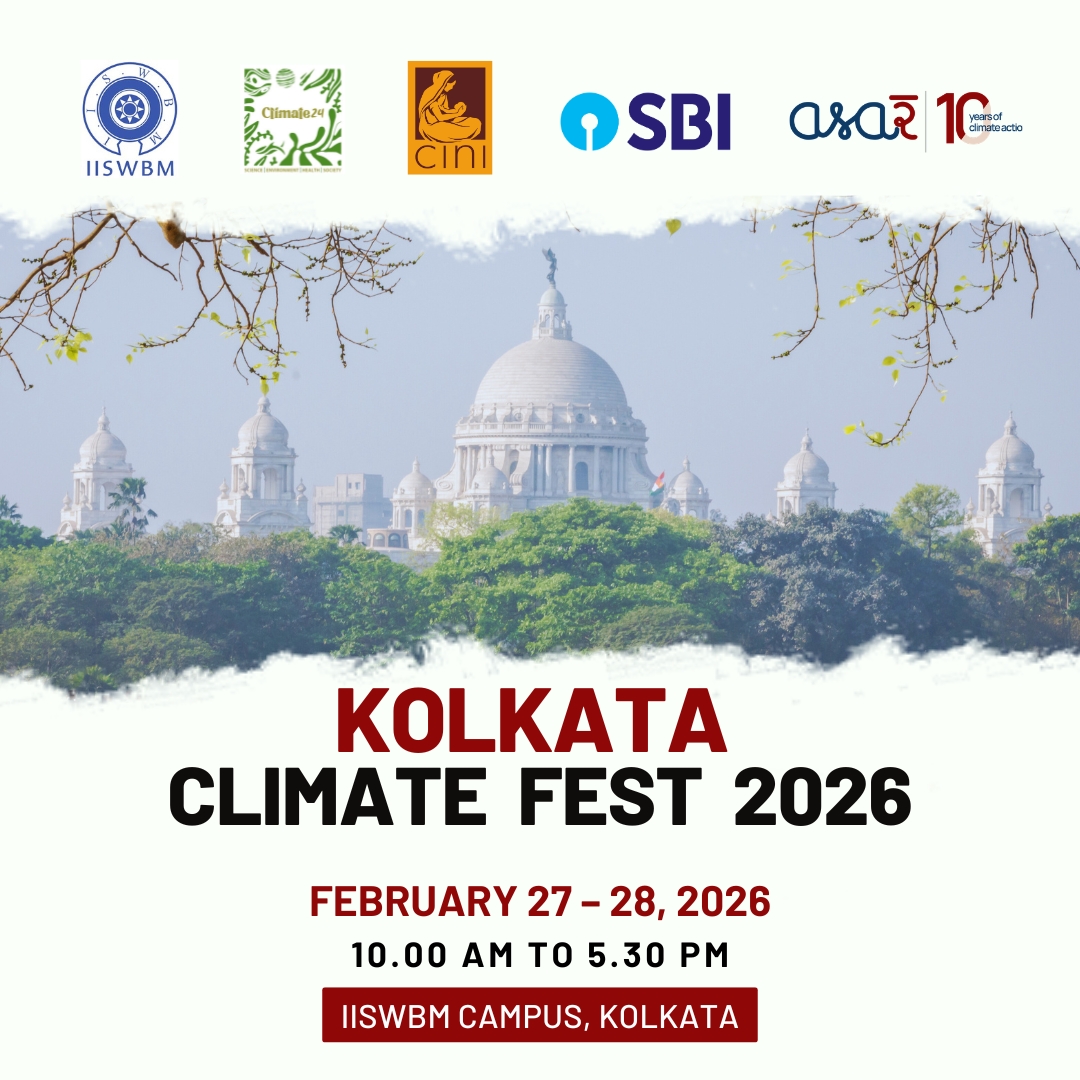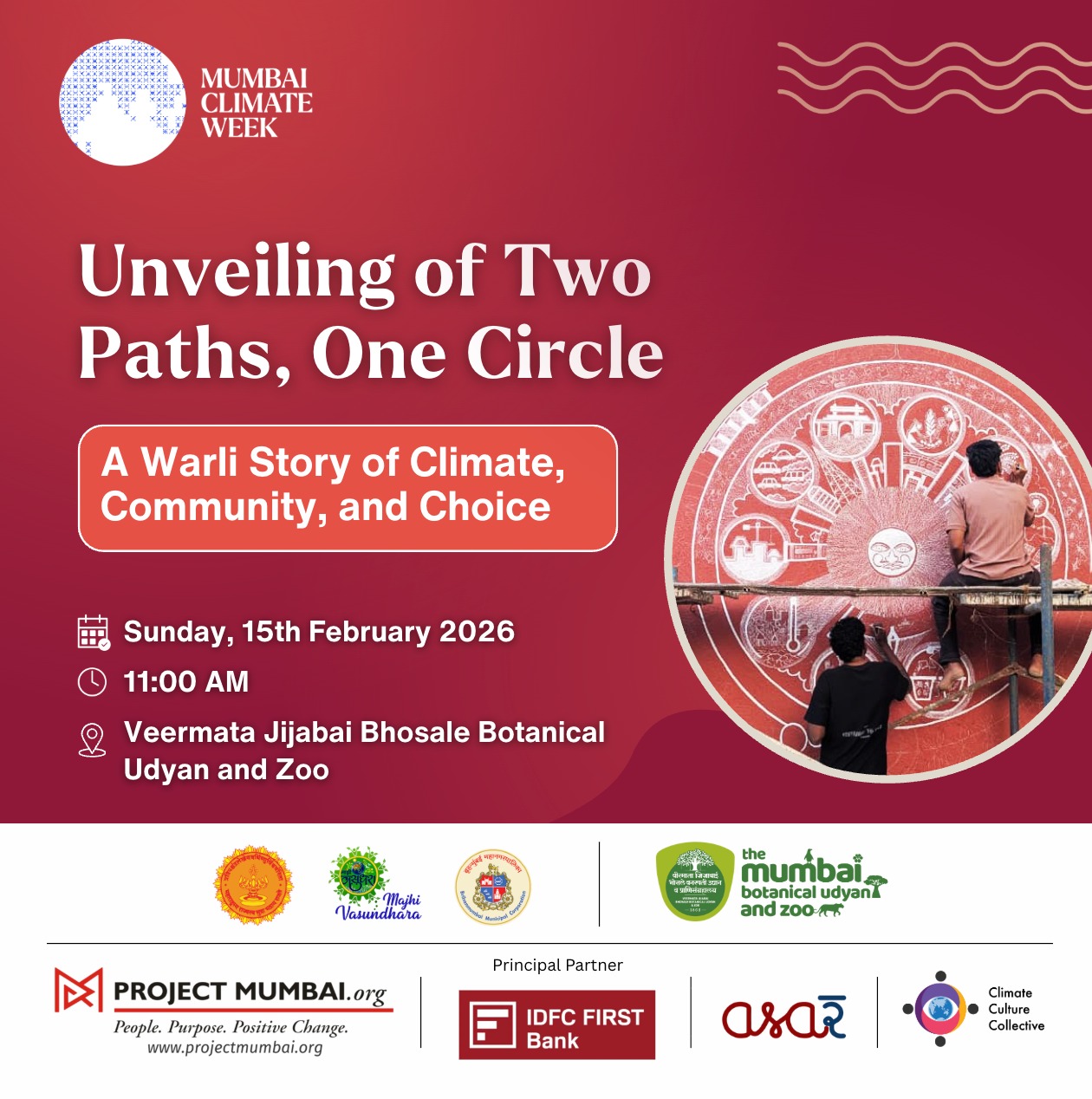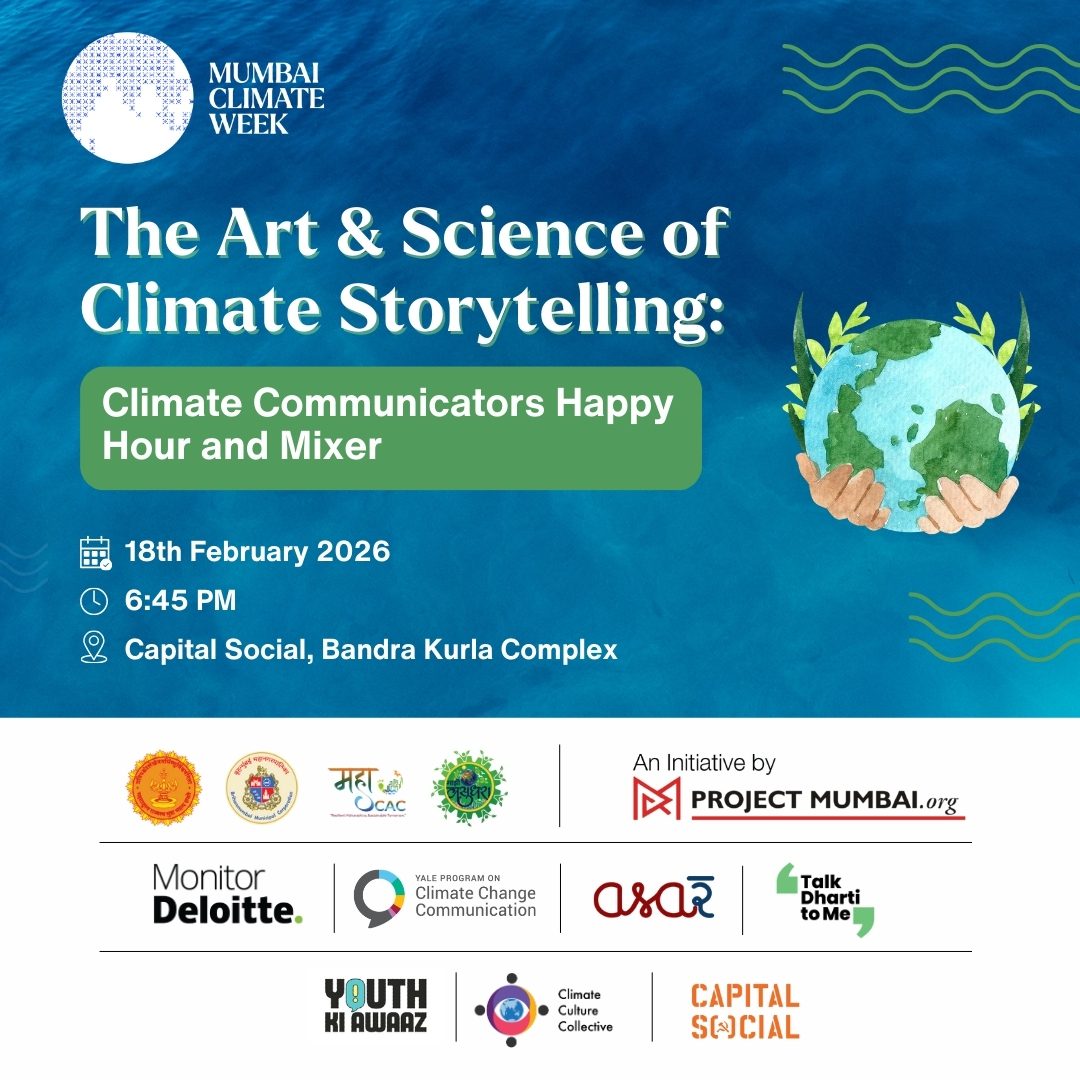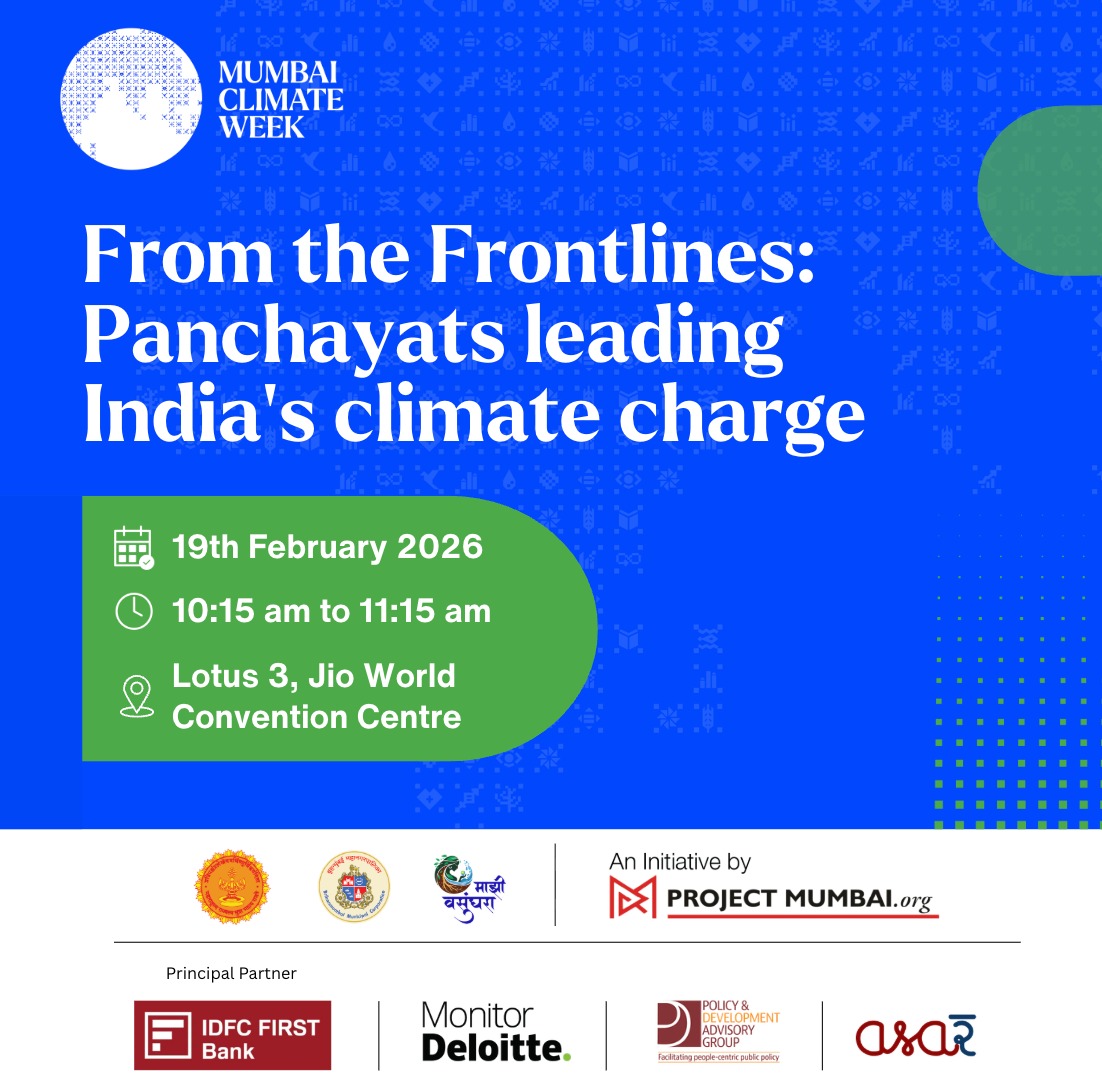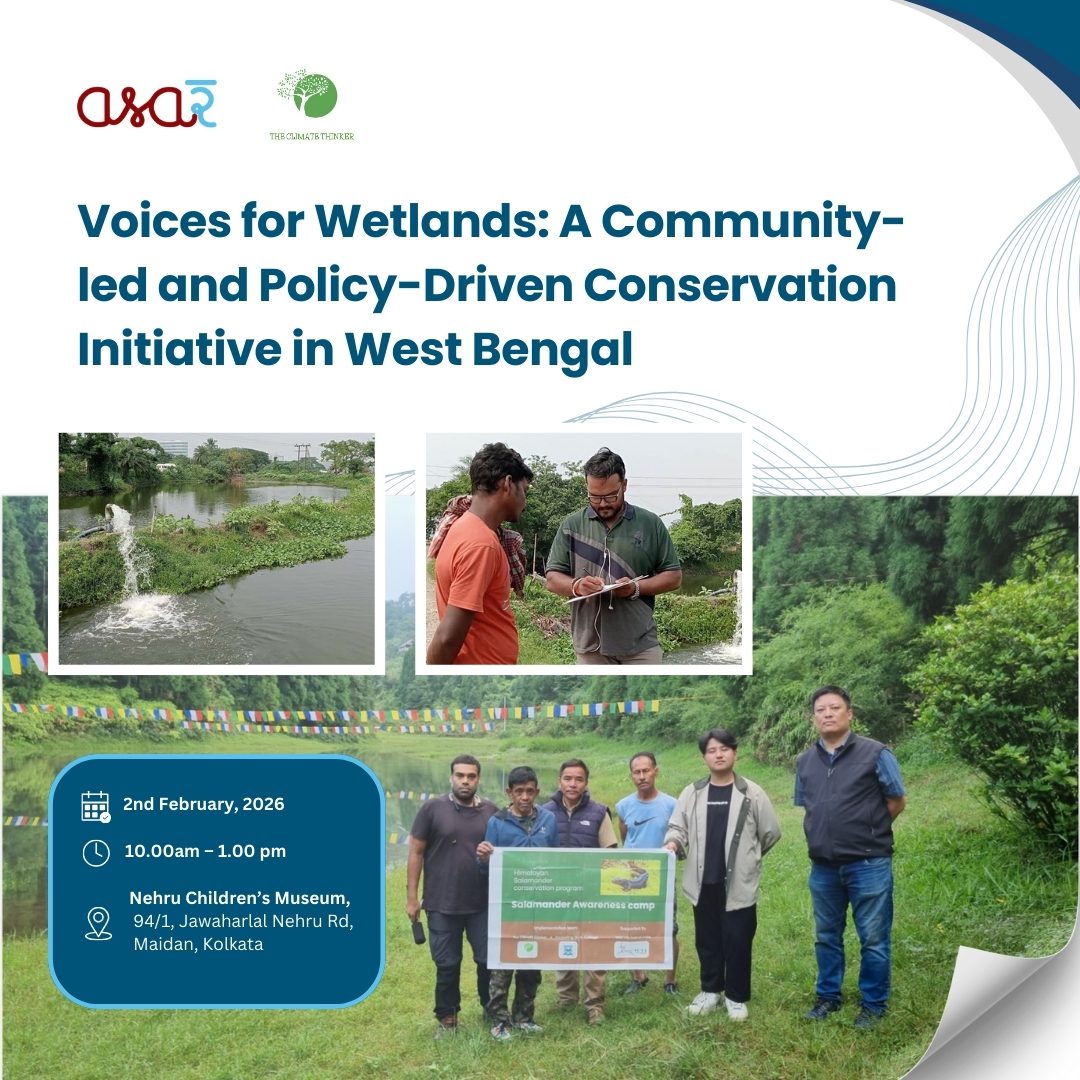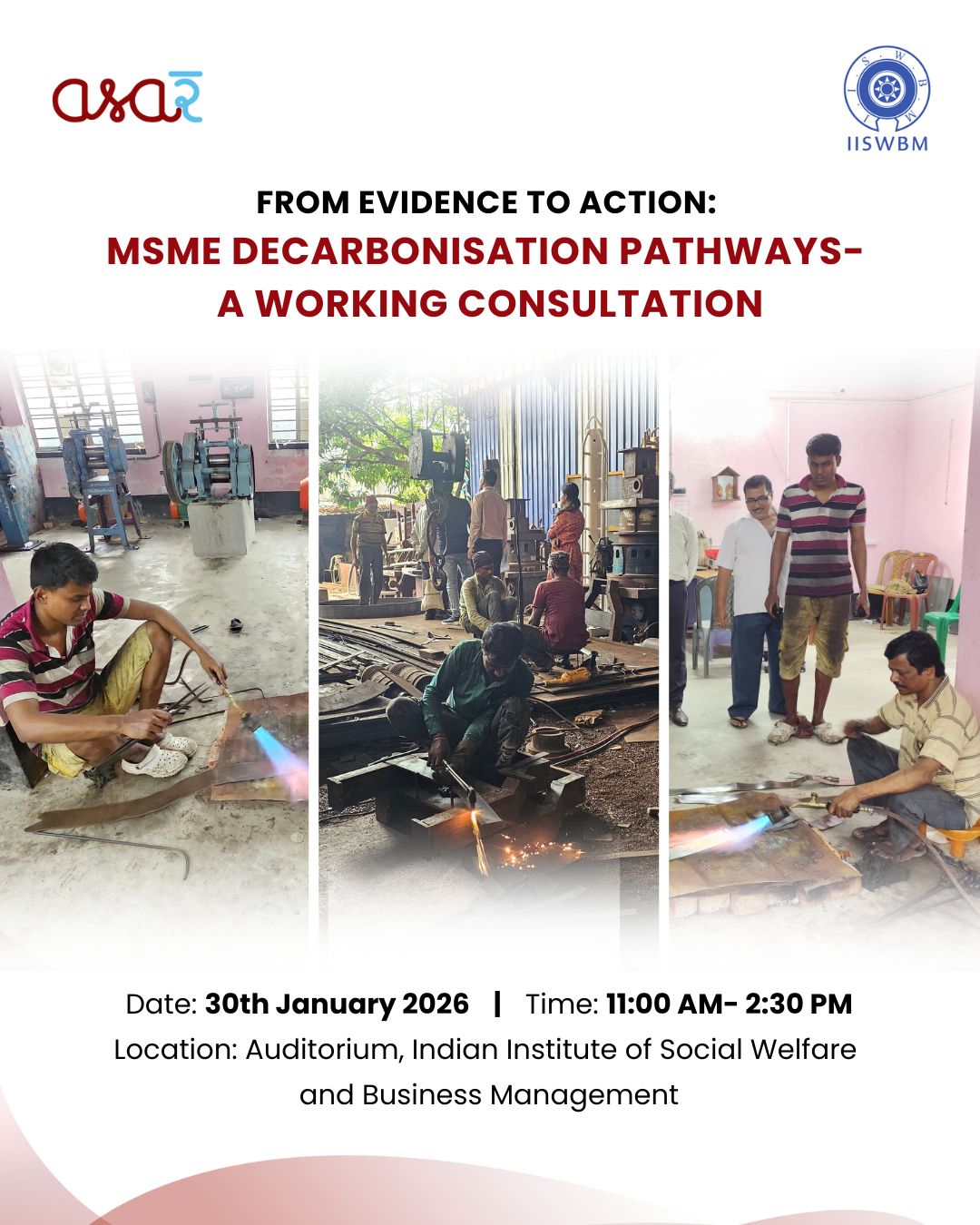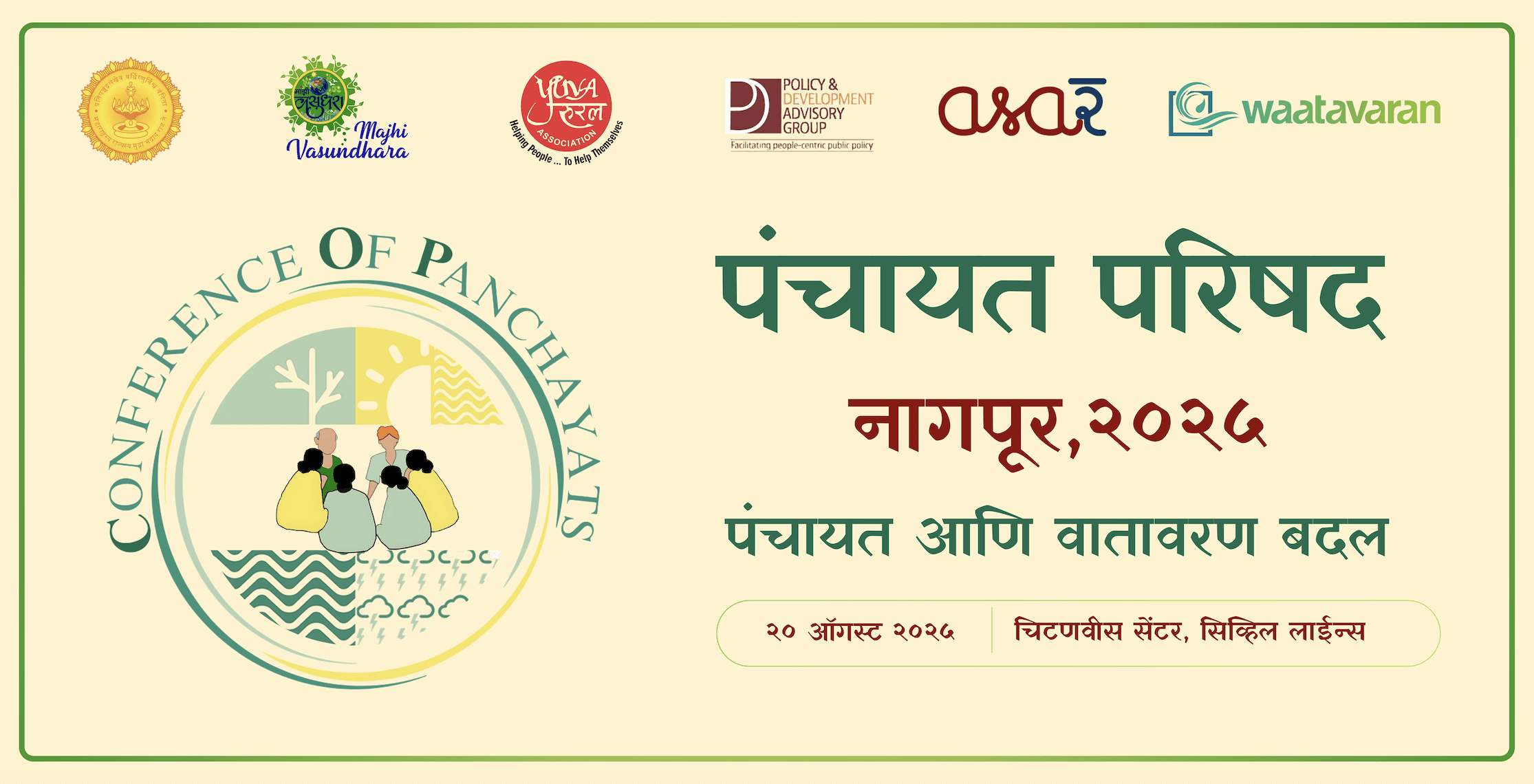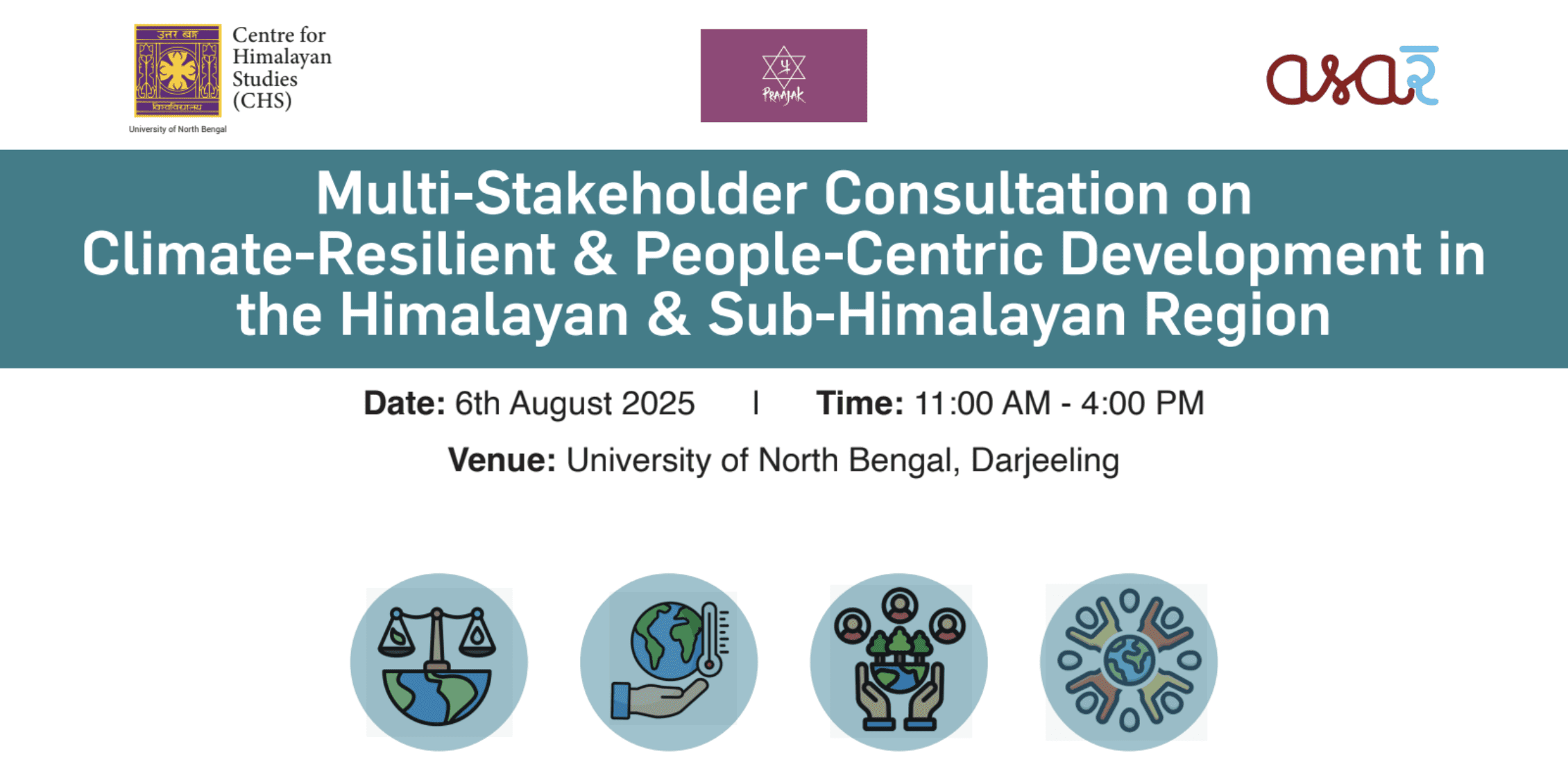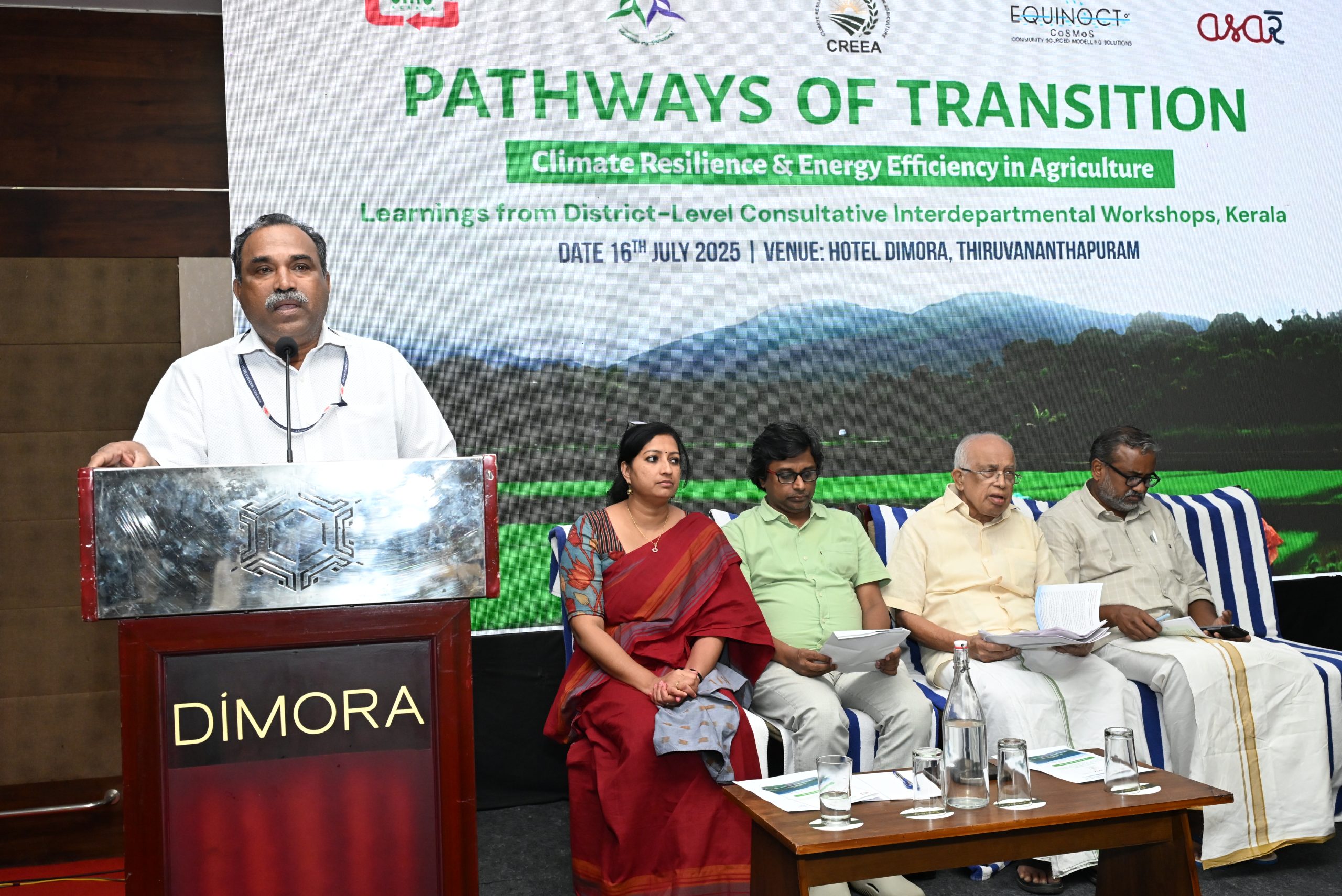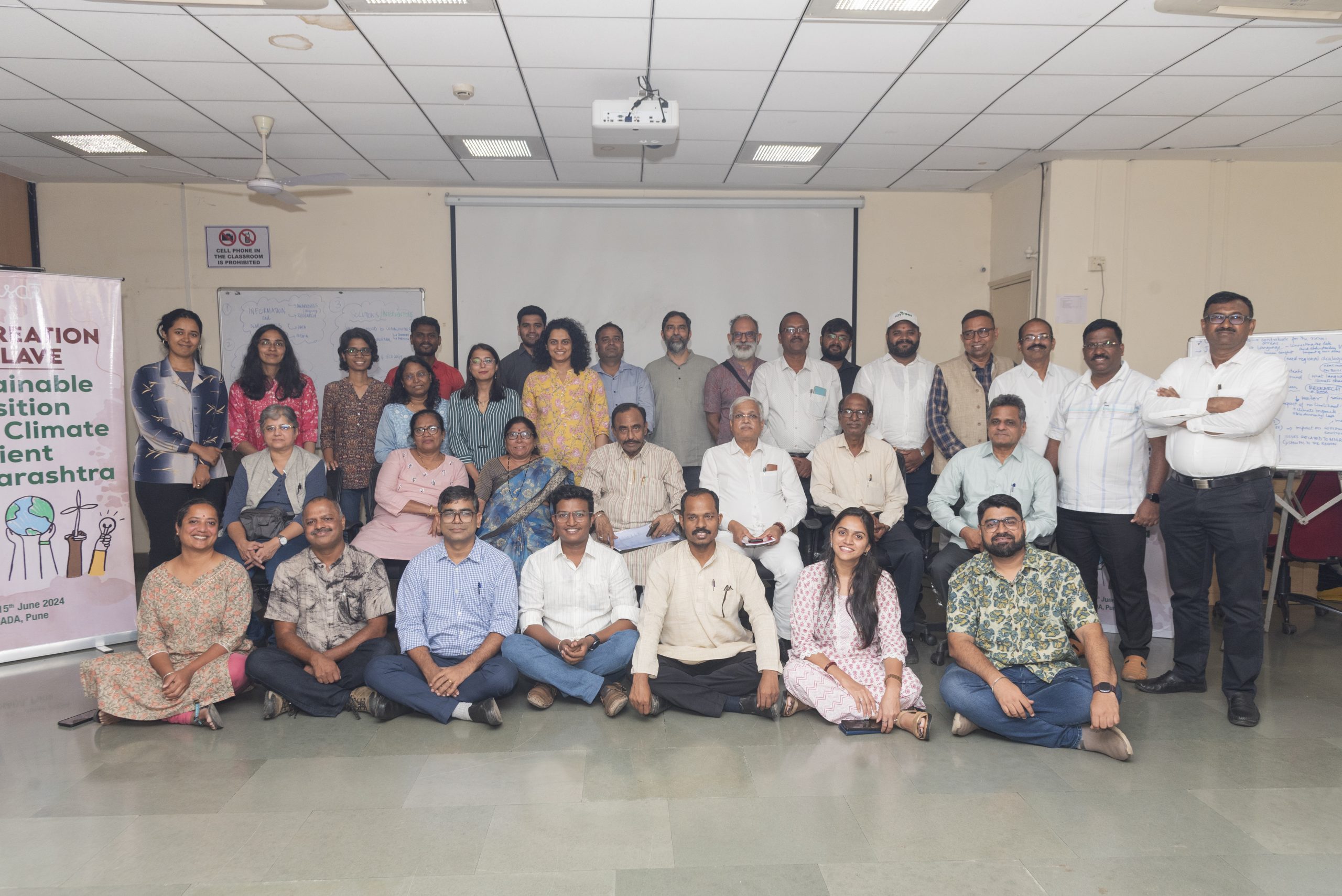Kolkata Climate Fest 2026 is a first-of-its-kind academic climate platform that reimagines a “fest” as a space for dialogue, learning, and collective action. Organised by IISWBM in collaboration with Climate24 and Asar, the two-day event (27–28 February 2026) brings together policymakers, researchers, journalists, CSR leaders, students, and civil society to engage with urgent climate challenges shaping West Bengal and beyond.
The fest features thematic sessions on community-led climate governance, climate and public health, sustainability and net-zero transitions, financial inclusion, environmental reportage, and the intersections of climate with rivers, wildlife, and vulnerable communities. Keynotes, expert panels, and roundtables are complemented by interactive townhalls, exhibitions, and storytelling sessions that centre lived experiences of climate vulnerability, especially among children and grassroots communities.
With participation from academic institutions, think tanks, WHO experts, media professionals, and industry representatives, the event places students and institutions at the heart of climate discourse. By fostering multi-stakeholder collaboration and showcasing practical solutions, Kolkata Climate Fest 2026 aims to mainstream climate conversations, encourage informed action, and build a more inclusive and grounded climate movement in the region.
In essence, it is less a conventional conference and more a living ecosystem of ideas, where science, policy, community knowledge, and youth energy cross-pollinate into actionable climate pathways.
